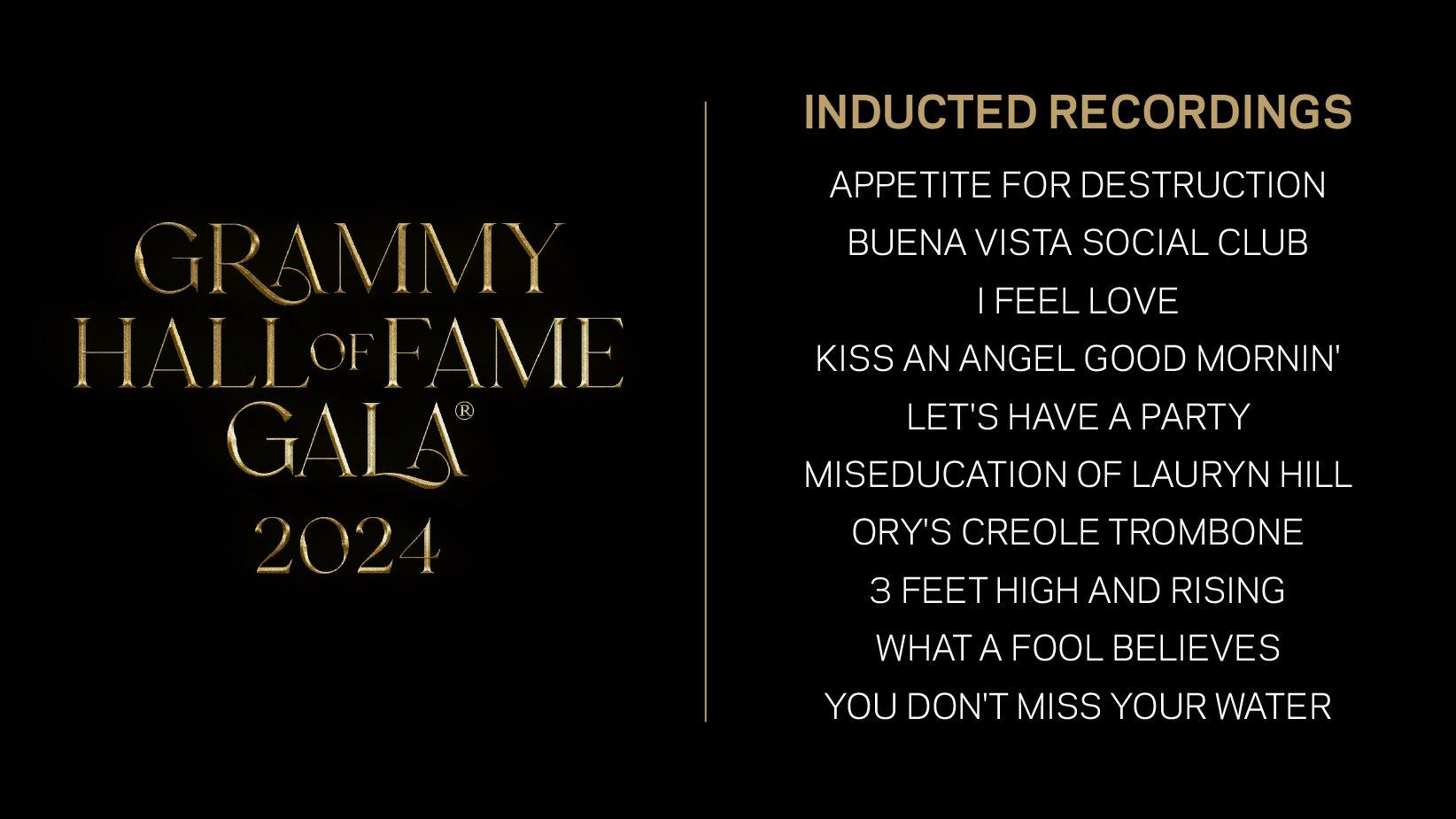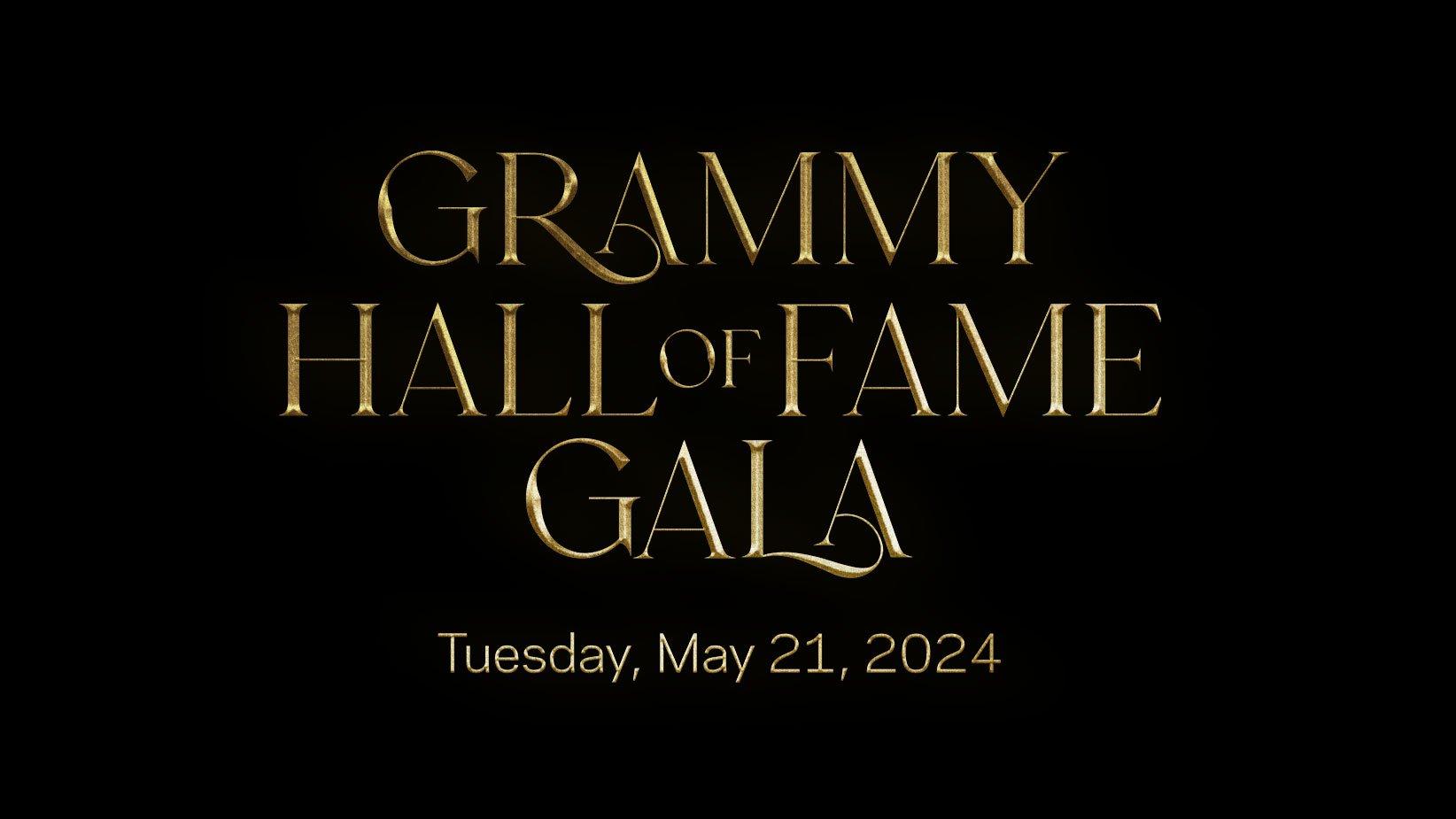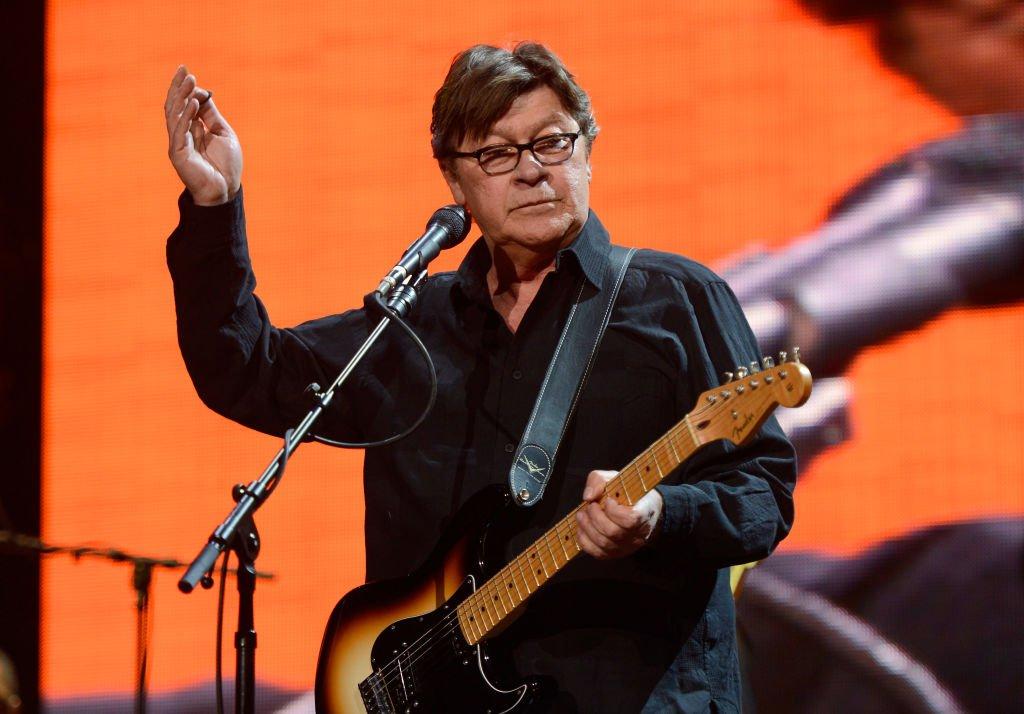As a songwriter, guitarist, artist, composer and armchair historian, Robbie Robertson richly impacted music throughout a 50-plus-year career. The multiple GRAMMY nominee and recipient of the Lifetime Achievement Award died on Aug. 9 at age 80.
Those who think of Robertson as the architect of the Band have unquestionably identified his most essential work, but they also risk selling short his immense contributions to music. He backed Bob Dylan, led a band that laid the foundation for Americana, was the subject of one of cinema’s great concert films, and enjoyed a long affiliation with Martin Scorsese as one of his musical muses.
Born Jaime Royal Robertson in Toronto, Ontario, to a family with Jewish and Mohawk ancestry, Robertson found himself drawn to American traditions — from the blues and country music, and to both's ethos of self-invention. These traditions would greatly impact his prolific musical output, as well as the sound of rock.
Robertson first hooked up with the members of the Band at age 15 when they were the Hawks, the backing band for rockabilly star Ronnie Hawkins. In the mid-’60s they became the backing band for Bob Dylan’s famed first electric tour. That turned into recording sessions with the Bard in Woodstock, N.Y., ultimately released almost a decade later as the renowned the Basement Tapes.
The Band’s first two albums — 1968’s Music from Big Pink and 1969’s self-titled the Band — were both critically acclaimed records that were unique amalgams of rock, folk, country and blues immersed in American iconography. Both albums, as well as the Basement Tapes, have been inducted into the GRAMMY Hall Of Fame.
"The Band’s music shocked the excess out of the Renaissance and were an essential part of the final back-to-the-roots trend of ’60s," Stevie Van Zandt tweeted in eulogy.
The Band’s breakup was immortalized with the 1978 Martin Scorsese-directed The Last Waltz, which Rolling Stone called the greatest concert film of all time.
Not long after, Robertson began working with Scorsese as a composer and music supervisor, including on such towering films as Raging Bull and Goodfellas. His solo output included Storyville, a nod to the history and music of New Orleans, and Music for Native Americans, which honors the spirit of his own Mohawk roots.
As a solo artist, Robertson has earned five GRAMMY nominations, including Best Compilation Soundtrack For Visual Media for The Wolf Of Wall Street in 2015. Robertson also wrote several books, co-authoring Legends, Icons and Rebels: Music That Changed the World and an autobiography, among other tomes. At the time of his passing, Robertson had recently completed his 14th project with Scorsese, Killers of the Flower Moon.
In a statement, Scorsese called Roberston "one of my closest friends, a constant in my life and my work." The filmmaker continued to note that Robertson and the Band's music "seemed to come from the deepest place at the heart of this continent, its traditions and tragedies and joys. It goes without saying that he was a giant, that his effect on the art form was profound and lasting."
A career so varied deserves a varied list of essential musical memories. Read on for seven releases that demonstrate Robbie Robertson's varied musical genius.
"Yazoo Street Scandal" (1967)
The Robertson-penned "Yazoo Street Scandal" is one of the first true Band recordings, though they were still the Hawks at the time. Though released formally in 1975, the track was part of the original Basement Tapes bootlegs recorded with Dylan in 1967.
The blueprint was already apparent: the earthy and rambling playing, Levon Helm’s unstudied and twangy singing, and Robertson playing where mythology meets reality in the form of a narrative around an actual Arkansas street called Yazoo.
"The Weight" (1968)
"The Weight" was most of America’s introduction to the Band and the group's first "hit" (it peaked at No. 63 on the U.S. charts), the song would prove more influential on the artist community than the mass market. The song established the Band as progenitors of what would become known as Americana, with blues and country overtones, roadhouse piano and its cryptic story rife with Southern gothic and Biblical allusions.
Covered numerous times over the years, Aretha Franklin’s noteworthy version features Duane Allman on slide guitar.
"Up on Cripple Creek"/"The Night They Drove Old Dixie Down" (1969)
This double-sided single was the Band’s biggest hit, with "Cripple," the A-side, hitting No. 25 in the United States. Though Robertson has said even he doesn’t know the meaning of the song, it seems to turn on the strength and solace men derive from women.
But it’s "Dixie" that has become a Band signature. A story song that feels like authentic folklore, it takes a seemingly empathetic view on the Civil War South. Critics have argued it glorifies the antebellum South, while others see in it a personal story of a Southerner caught up in a senseless war. Joan Baez’ hit version made it a staple in the summer of 1971.
"If You Know What I Mean" (1976)
Neil Diamond would seem an unlikely client for Robertson the producer, but the latter likely related to Diamond’s Brooklyn roots and Brill Building history. Beautiful Noise was a song cycle of sorts about Diamond’s early years in Don Kirshner’s song factory and his bittersweet remembrances of a time gone by — all of which would have resonated with Robertson’s appreciation of music’s roots and traditions.
"If You Know What I Mean" just missed the U.S. Top 10, but the album went platinum and was one of Diamond’s most critically well-received, proving Robertson’s versatile abilities. It’s also one of the few albums in pop history where the producer shares top billing with the artist on the album’s cover.
"Webster Hall" (1980)
Raging Bull, Robertson’s first collab with Scorsese as a music supervisor/composer, happened to produce what many critics consider one the top films of all time.
"Webster Hall" is a jaunty jazz club instrumental with some sterling keyboard work by the Band’s Garth Hudson. Most importantly, it was the start of a yearslong association between Robertson and Scorsese that began with the latter directing the Band concert film the Last Waltz.
"Broken Arrow" (1987)
Robertson released only a handful of solo albums, each one moving progressively toward ethereal instrumentals and new agey world music. "Broken Arrow" came from his first effort, released in 1987 and produced by Daniel Lanois.
Robertson’s haunting growl, the detailed arrangements and guests such as Peter Gabriel and Manu Katché show he was exploring a broader soundscape than the Band allowed. A 1991 cover went Top 20 for Rod Stewart.
Robbie Robertson Visits The GRAMMY Museum




